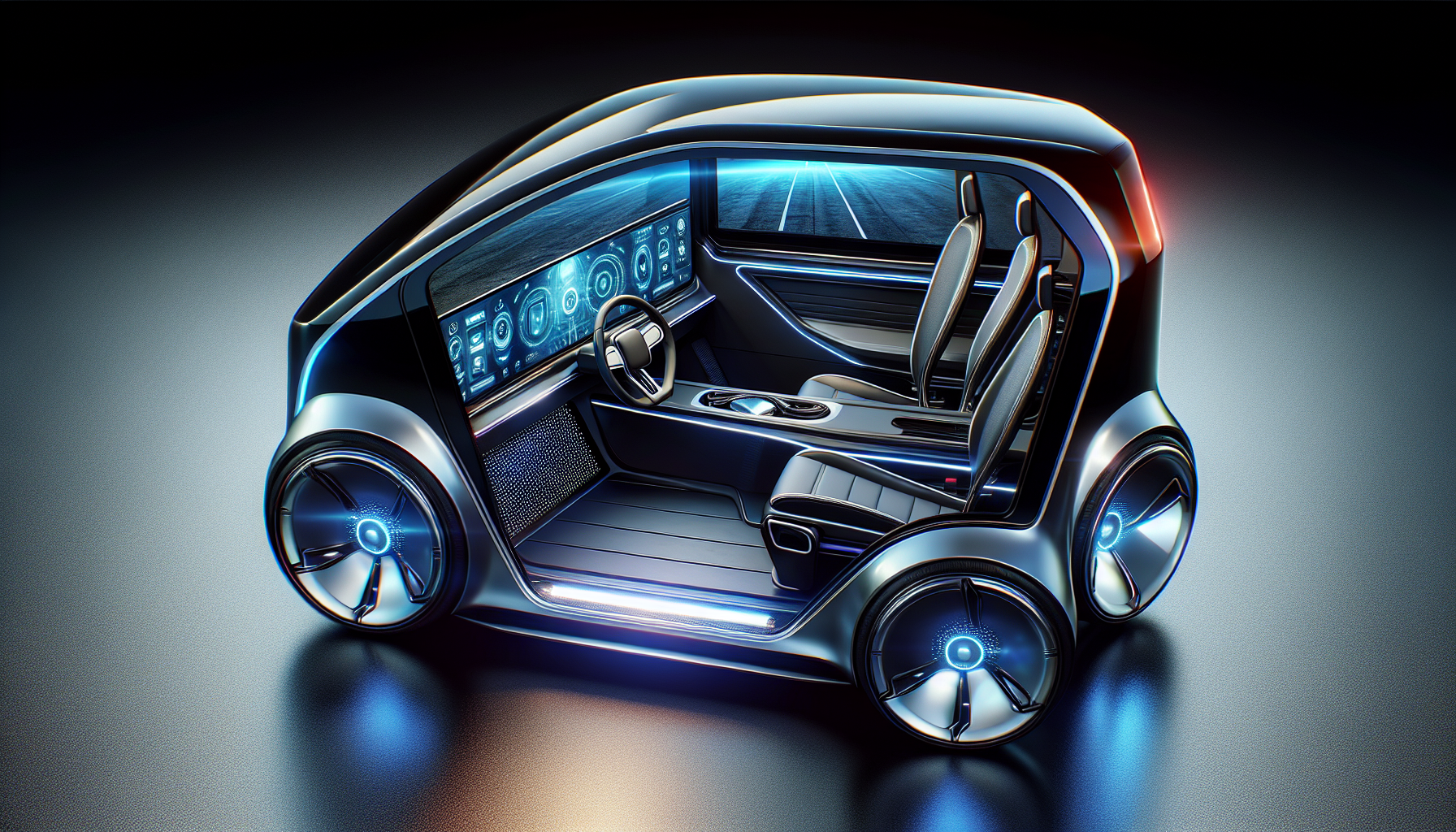Breaking: Tesla’s Upcoming Cybercab to Debut Without Steering Wheel or Pedals
We independently review everything we recommend. When you buy through our links, we may earn a commission which is paid directly to our Australia-based writers, editors, and support staff. Thank you for your support!
Quick Overview
- Tesla’s Cybercab will debut without a steering wheel or pedals, demonstrating full faith in their autonomous technology.
- Manufacturing is scheduled to commence in Q2 2026, with software development being a key factor.
- The latest FSD software is at version V14, with additional advancements required for a completely driverless experience.
- Primary challenges encompass drive-thru navigation and teleoperation features.
Introduction
In a revolutionary step, Tesla has announced that its forthcoming Cybercab will lack traditional driving controls like a steering wheel and pedals. This move showcases Tesla’s confidence in its Full Self-Driving (FSD) technology and represents a pivotal point in the advancement towards a fully autonomous vehicle future.

Production Timeline and Prerequisites
Tesla aims to begin production of the Cybercab in the second quarter of 2026. As per the latest updates for investors, the project’s current stage is ‘Construction’. Nevertheless, the success of this timeline is heavily dependent on the completion and dependability of their FSD software, which is a crucial element for the Cybercab’s functionality.
FSD Software Progress
The latest consumer version of Tesla’s FSD software is V14. Although it remains supervised, Tesla operates a more advanced internal version. Several essential features still require refinement, such as the vehicle’s capacity to navigate drive-thrus, manage unexpected road obstacles, and execute teleoperation for emergency situations.
Drive-Thru and Teleoperation Hurdles
The capability of the Cybercab to adeptly navigate through drive-thrus poses a distinctive challenge. Each establishment varies slightly, necessitating the vehicle to adjust to diverse ordering and payment systems. Furthermore, teleoperation software and hardware solutions, such as tow-truck services, are vital for situations where the Cybercab may encounter operational problems.
Community Feedback and Future Outlook
While some within the Tesla community might have anticipated a version of the Cybercab equipped with traditional controls, the company remains resolute in its ambition to transform transportation through autonomous technology. This decision highlights Tesla’s long-term vision for a driverless future, despite potential regulatory obstacles.
Conclusion
Tesla’s choice to launch the Cybercab without steering wheels or pedals is a daring leap towards a completely autonomous future. Although the journey ahead poses various technological and regulatory challenges, the company’s dedication to innovation remains steadfast.
